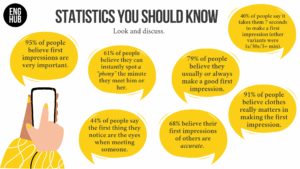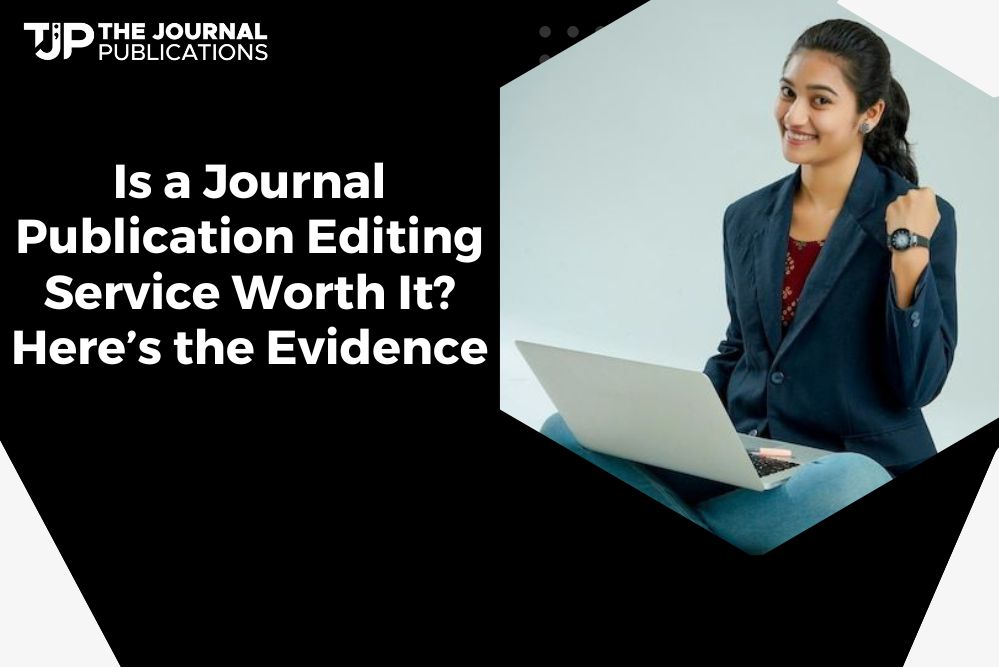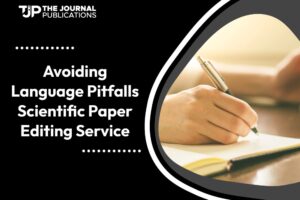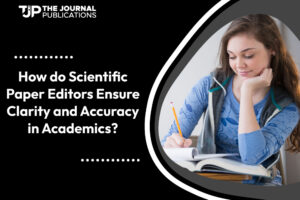Table of Contents
- Intro
- First Impressions Matter in Academic Publishing
- Acceptance Rates: What the Data Shows
- Help for Non-Native English Speakers
- Save Time and Reduce Stress
- Journal-Specific Formatting and Expertise
- Ethics and Confidentiality in Editing Services
- The Investment Perspective: Cost vs. Value
- Close
- FAQs
For the majority of academic scholars, being published in a legitimate journal is the key to advancement in career, grants, and peer acknowledgement. Publication is not only a product of the excellence of your work but also the way you convey it professionally and succinctly. It is for this reason that most scholars use a journal publication editing service nowadays. The services polish your manuscript to high editorial standards, but are they actually worth the money? Let’s consider the evidence.
First Impressions Matter in Academic Publishing
Editors and peer reviewers get dozens of submissions a week. If your manuscript is full of grammar mistakes, clumsy phrasing, or inconsistent layout, it may be rejected before even considering its content.
The journal publication editing services enhance clarity, coherence, grammar, and presentation so that your manuscript presents a professional and credible first impression. It can be a deciding factor on its own if your paper reaches peer review.

Acceptance Rates: What the Data Shows
Several surveys indicate that employing a professional editing service will enhance the chance of acceptance. For example, authors who had employed Elsevier’s editing services indicated a up to 30% greater acceptance rate in premier journals. A Wiley survey further indicated that three out of every four authors attributed editing services for enabling them to get published more quickly.
Although editing does not ensure acceptance, it dramatically enhances the quality of your manuscript, frequently minimising the number of revisions needed and decreasing the review process time.
Help for Non-Native English Speakers
English is still the prevailing language of scholarly publishing. For researchers whose native language is not English, it may be difficult to communicate complex concepts clearly. Poor writing can preclude publication even if the data and methods are good.
That’s when a journal publication editing service proves to be precious. These companies provide correct sentence structure, tone, and language while preserving scientific accuracy in your work. A few even have ESL-specific support to handle common linguistic problems.

Save Time and Reduce Stress
Editing an academic paper to fit journal requirements consumes time, most often days or even weeks. Most researchers, particularly PhD candidates or early-stage academics, are already busy teaching, conducting experiments, or in the field.
By employing a journal editing service, you are freeing up time for other matters. You will not need to spend time on reference errors, grammar checks, or formatting guidelines. Not only does this accelerate the submission process, but it also minimises the stress involved with last-minute revisions.
Journal-Specific Formatting and Expertise
Various journals require varied requirements—APA, MLA, Chicago, Vancouver, and journal-specific requirements. A professional editing service will well know how to make your manuscript match the required format, style, and organisation of a given journal.
Only the best services use subject-area specialists who grasp the vocabulary, logic, and flow used in your area. No matter what you’re in—engineering, medicine, social sciences—the subject-specific polish makes all the difference.
Ethics and Confidentiality in Editing Services
A shared concern is whether it is ethical to use a journal publication editing service. The response is yes, assuming the service merely enhances readability, grammar, and layout without altering the data or research findings.
Most institutions permit, and even encourage, editing assistance—particularly for international researchers. Top services also employ rigorous confidentiality measures, such as NDAs and encrypted servers, so your research remains confidential.
The Investment Perspective: Cost vs. Value
A typical editing service will run between $100 and $500 for a full manuscript, depending on word count, field complexity, and turnaround. This is not cheap, but it should be viewed as an investment in your career, not an expense. Consider what’s at risk:
- A rejected manuscript keeps your research from being published or cited.
- Self-editing wasted time can lag your academic production.
- A low-quality paper can damage your reputation.
In most situations, the expense of not having an editing service—missed opportunities, redo, and anxiety—is more than the cost of the service.
Close
So, then, is a journal publication editing service worth it? On the available evidence, for sure. It improves the lucidity and expertise of your article, raises the likelihood of it being accepted, assists non-English native-language authors, and saves you crucial time. To anyone committed to academic publishing, employing a tried-and-tested editorial service is no longer in doubt—it’s a shrewd, prudent decision.
FAQs
Does using a journal publication editing service guarantee acceptance?
No service can guarantee publication, since journal acceptance is based on research quality and relevance. Yet, editing significantly enhances clarity, organisation, and presentation, greatly increasing your chances.
How can I choose the right journal publication editing service?
Seek out a service with subject-specialist editors, positive reviews, sample edits, clear pricing, and a confidentiality policy. Some also offer editing certificates, which some journals demand.
Is it ethical to use a journal publication editing service?
Yes. Provided that the service only concerns improvements in language, formatting, and clarity, it’s ethical and generally practiced among academics. It doesn’t change your research, so your work is yours.





